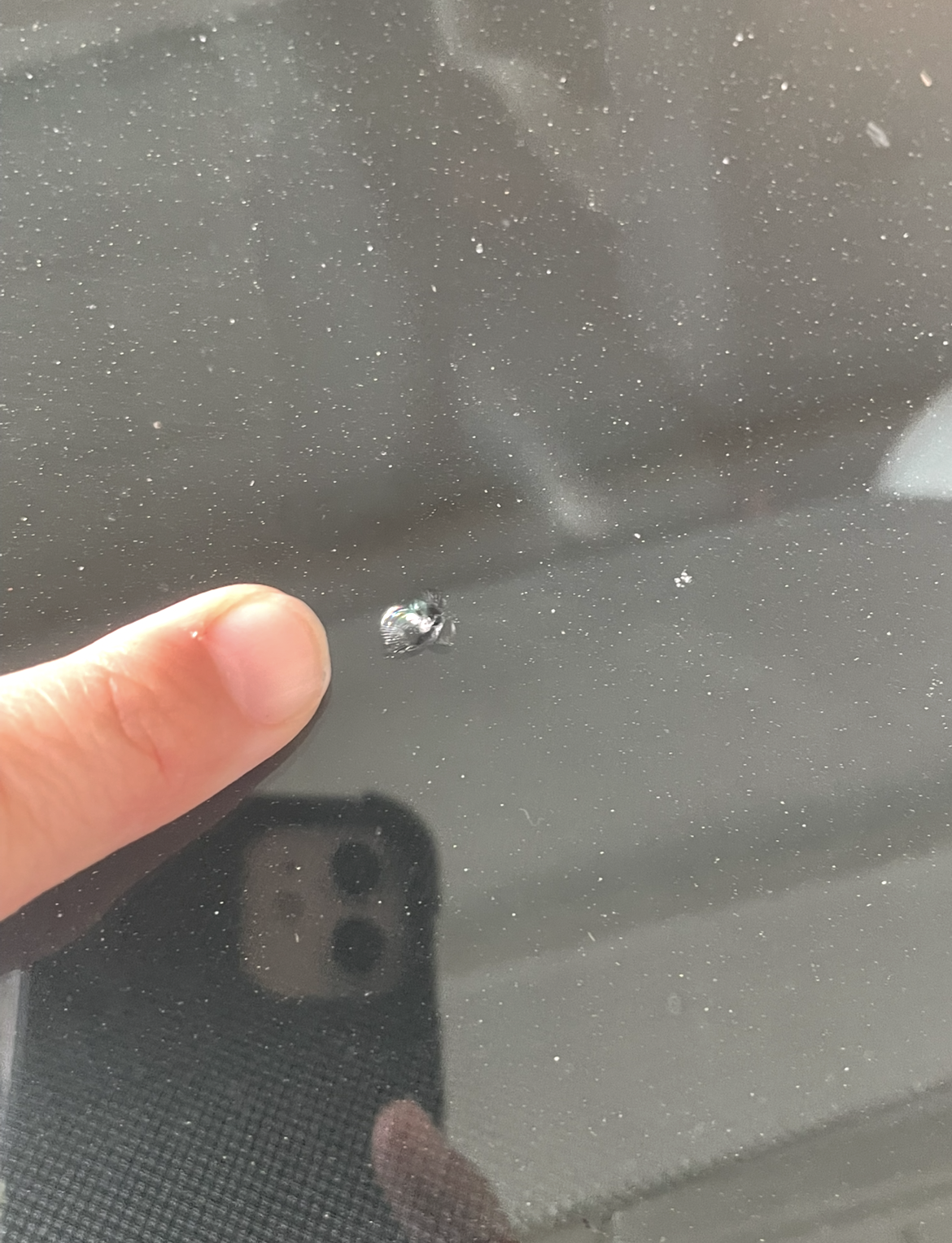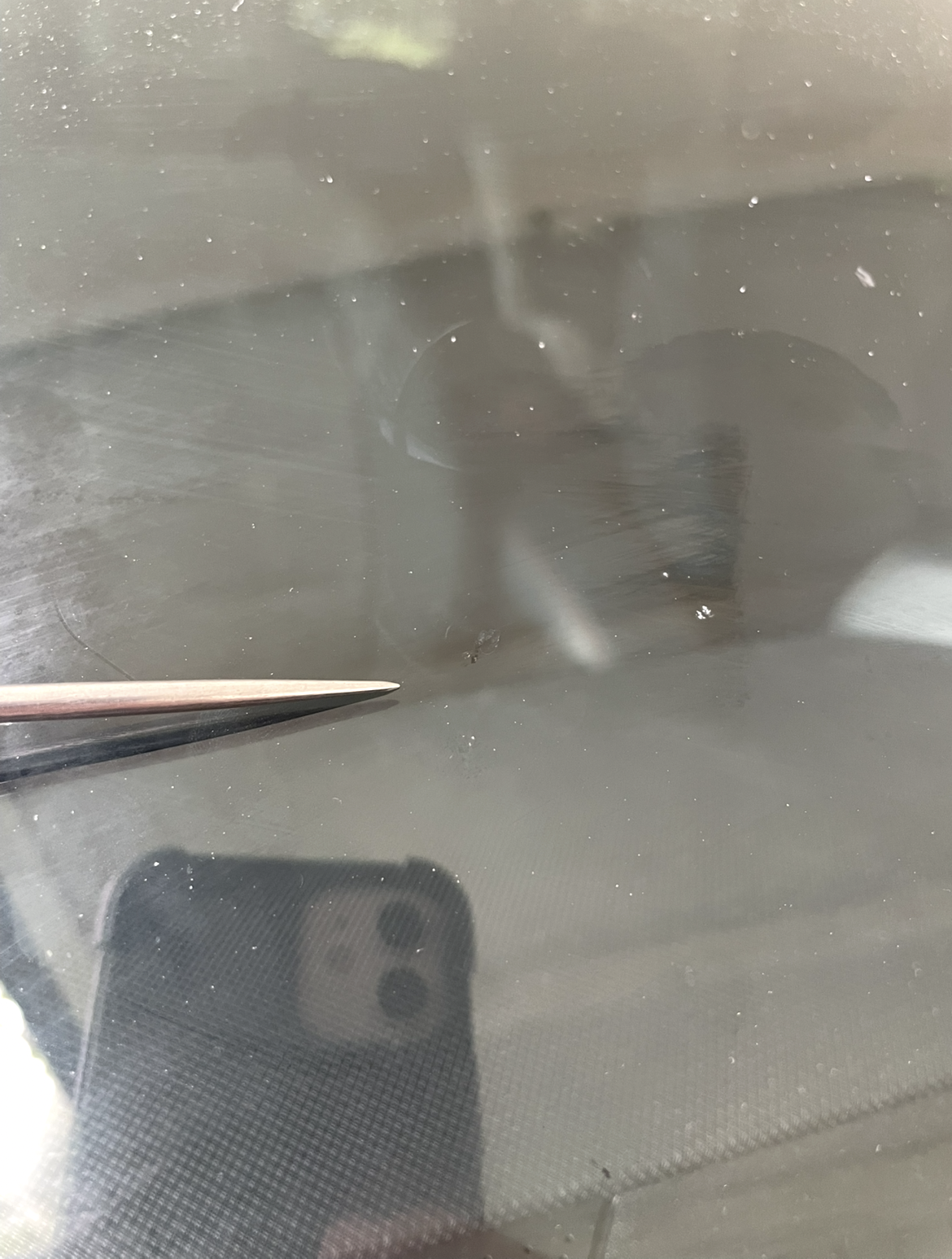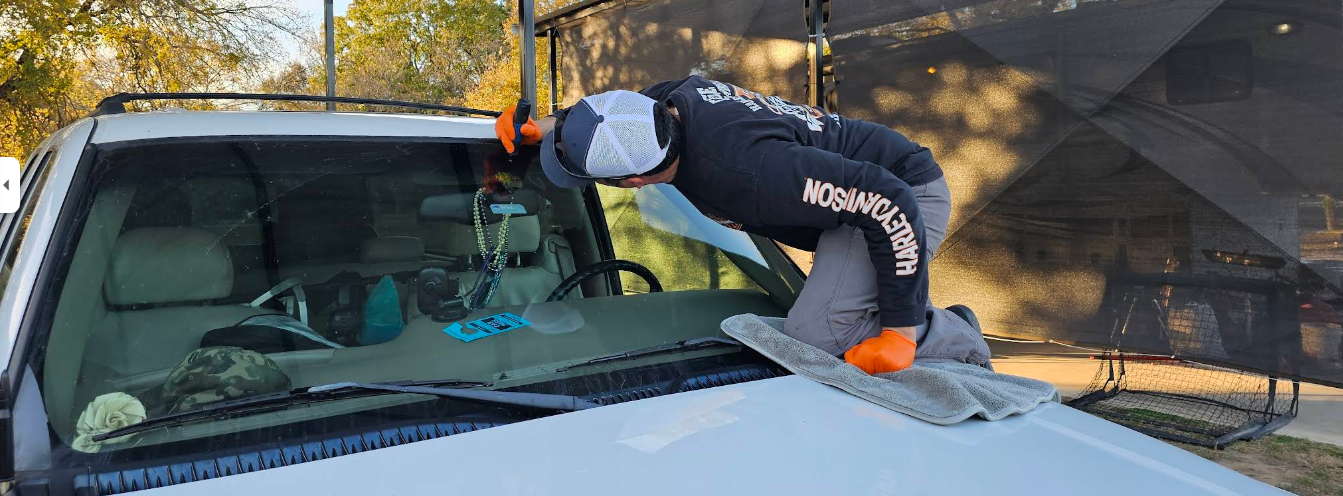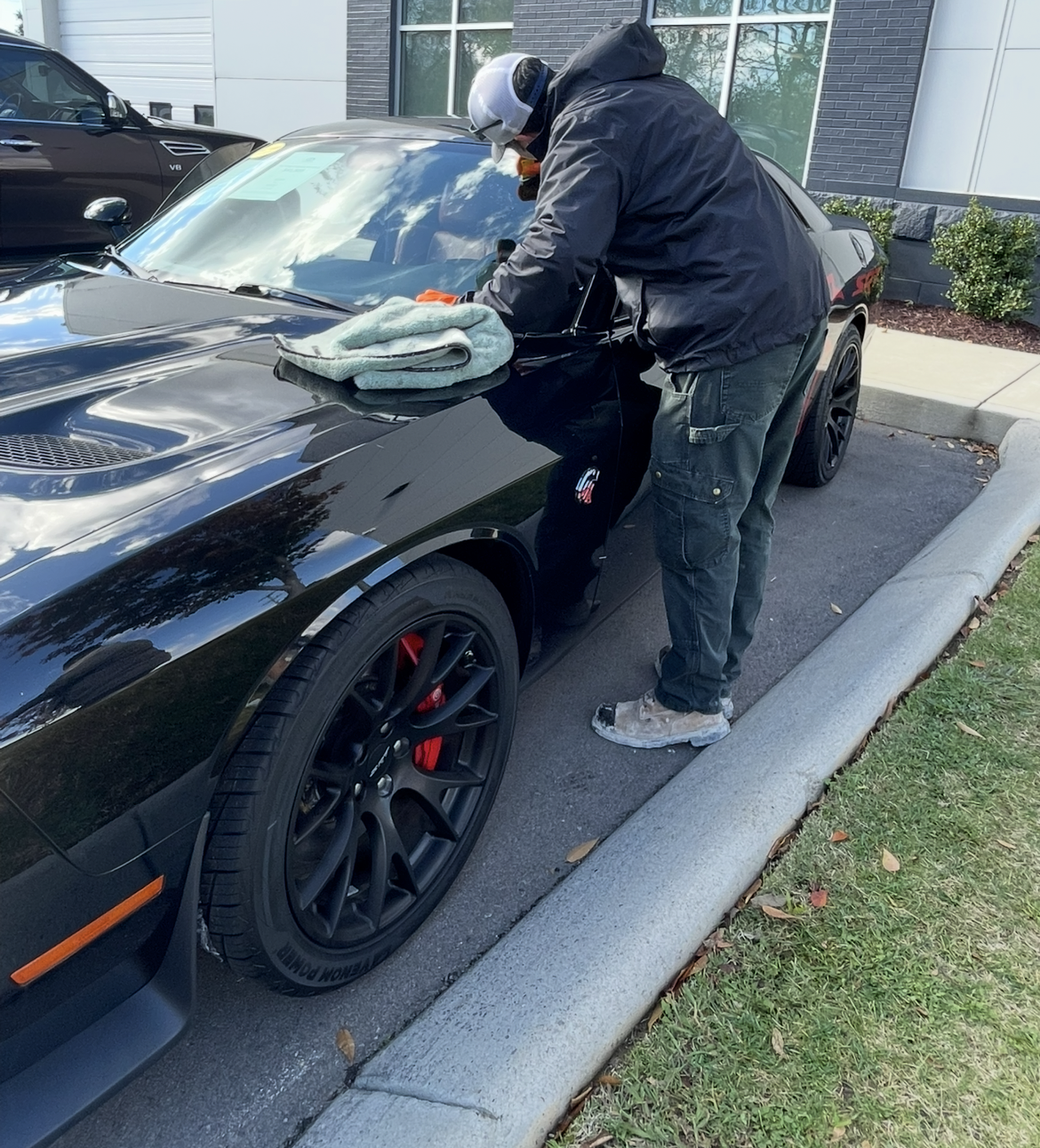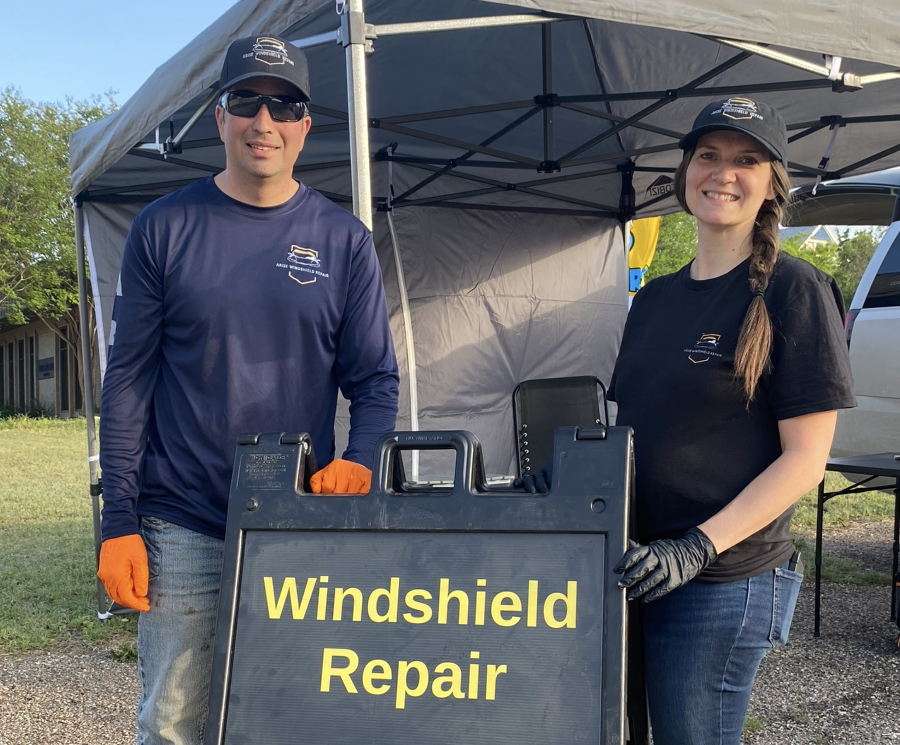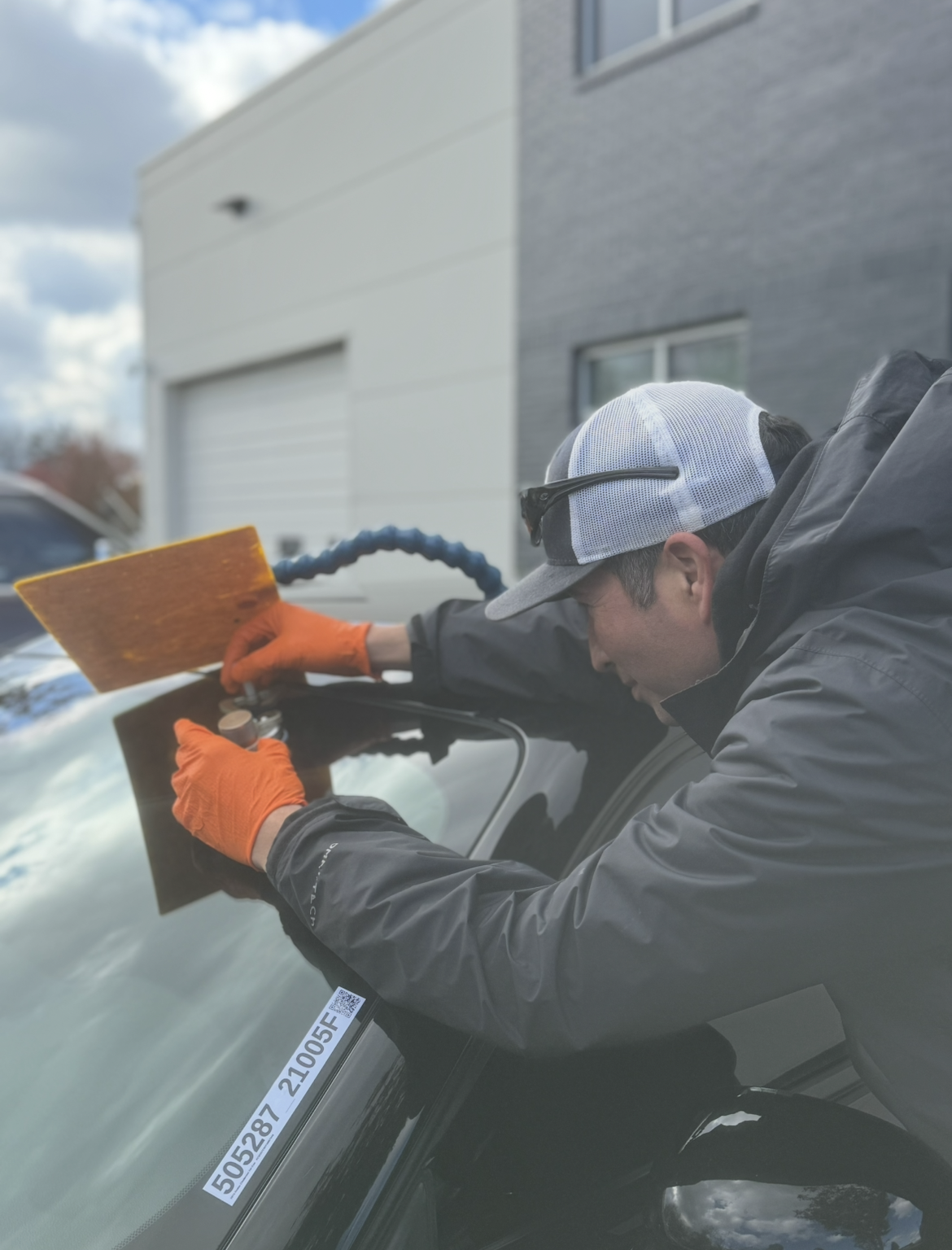The Hidden Costs of Delaying Fleet Glass Repairs
The Importance of Timely Fleet Vehicle Glass Repairs
Fleet management is a complex and demanding task that requires attention to detail, proactive maintenance, and a swift response to issues. Among the many components that demand regular oversight, vehicle glass often doesn’t get the attention it deserves. While minor cracks or chips may seem insignificant initially, delaying repairs can lead to a series of hidden costs that impact safety, operational efficiency, and overall expenses. Understanding these hidden costs can motivate fleet managers to prioritize timely glass repairs, ultimately saving money and safeguarding their assets.
Safety Risks and Liability
One of the most significant hidden costs of delaying fleet glass repairs is the increased risk to safety. Cracks, chips, or other damage to vehicle glass can compromise visibility, especially in adverse weather conditions or at night. A compromised windshield or window can obstruct a driver’s view, increasing the likelihood of accidents. Additionally, damaged glass is more prone to shattering or further cracking, which can cause injuries to both drivers and passengers. From a liability perspective, fleet operators may face costly legal consequences if an accident occurs due to neglected glass damage, leading to potential lawsuits and higher insurance premiums.
Progressive Damage and Increased Repair Costs
Many fleet managers underestimate the extent of damage that small chips or cracks can cause over time. What begins as a minor blemish can quickly worsen, especially with exposure to temperature fluctuations, vibration, or road debris. This progressive damage not only increases the size and severity of the crack but can also lead to the necessity of more extensive repairs down the line. In some cases, a seemingly simple repair can escalate into a more complex issue, requiring costly interventions. Delaying repairs often means that the initial, less expensive fix is no longer an option, and repairs become more time-consuming and costly as the damage progresses.
Operational Downtime and Reduced Productivity
Fleet vehicles are essential assets for business operations, and any downtime directly translates to productivity losses. Damaged glass that isn’t repaired promptly can lead to vehicle out-of-service periods, either because the damage has worsened or because the vehicle fails safety inspections. These unexpected outages can disrupt schedules, delay deliveries, and increase operational costs. Additionally, drivers may feel uncomfortable or distracted while driving with damaged glass, which can impair performance and lead to unsafe driving behaviors. The ripple effect of delayed repairs can thus impact multiple facets of business, from customer satisfaction to overall revenue.
Increased Insurance and Repair Expenses
While insurance policies often cover repair costs, delaying repairs can sometimes escalate the overall expense. For instance, when damage worsens, insurance providers may classify the repair as more extensive, leading to higher deductibles and premiums. Moreover, some insurance policies have stipulations that may void coverage if damage is neglected or repairs are not completed in a timely manner. Proper and timely maintenance can prevent these additional charges and ensure that fleets remain compliant with insurance requirements, ultimately reducing long-term costs.
Aesthetic and Resale Value Impact
Fleet vehicles often serve as a reflection of a company’s professionalism. Damaged or cracked glass can diminish the visual appeal of a vehicle, projecting an unprofessional image to clients, partners, and employees. Over time, accumulated damage can erode the resale value of vehicles, even if the damage itself is repairable. Maintaining fleet vehicles with timely glass repairs can preserve their aesthetic appeal, ensuring better resale value in the future and supporting the company’s reputation.
Environmental Implications
While often overlooked, delaying repairs can also have environmental consequences. Cracks and chips can worsen over time, leading to more frequent and extensive repairs or even the need for replacement in extreme cases. Additionally, damaged glass can result in increased fuel consumption due to compromised aerodynamics or broken seals that allow air leaks. Prompt repairs can contribute to a more environmentally sustainable fleet by maintaining vehicle integrity and efficiency.
Do You Manage a Fleet in the Waco, TX Area?
If you manage a fleet in
Waco,
Hewitt, or
Bellmead, TX,
contact us at Arise Windshield Repair. We repair chips and cracks and can also inspect your
fleet to ensure there isn’t any damage you haven’t noticed. Our certified auto glass technicians are here to serve your fleet!
